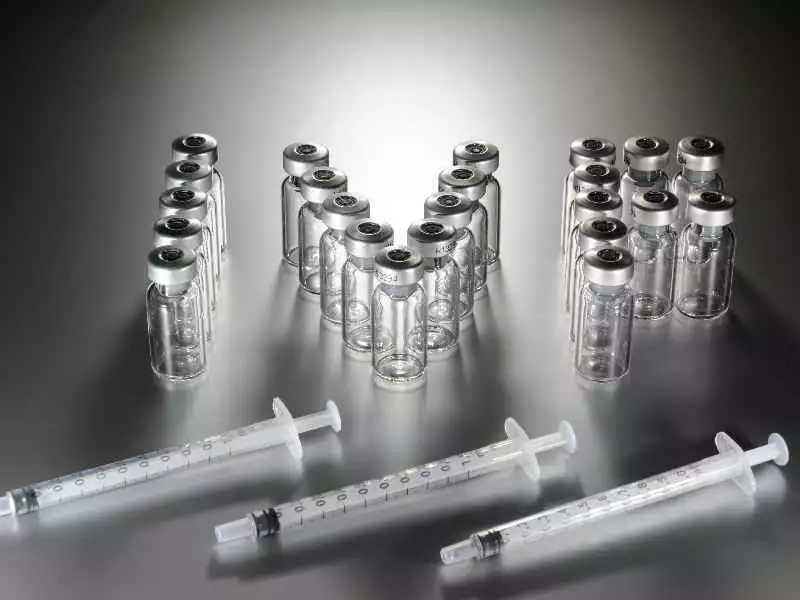Despite years of widespread vaccination, pertussis is a disease still present in children in our country. Recently, there has even been an alarming increase in the incidence. This article for parents presents the clinical picture of pertussis with particular emphasis on possible complications and principles of prevention.
Diagnostics
The diagnosis of whooping cough is difficult because Bordetella does not grow on standard bacteriological media. If pertussis is suspected, it is necessary to perform a culture on a special Bordet-Gengou medium. In addition, the typical clinical picture of pertussis only emerges after a few weeks of illness, and cultures are positive mainly in the initial period, which looks very non-specific and a diagnosis of pertussis is rarely thought of at that time.
For this reason, serological tests, consisting of the determination of specific antibody titres in the blood, and in particular the demonstration of their build-up over a period of several weeks, are essential.
Treatment
With confirmed or highly probable pertussis, the drugs of choice are antibiotics of the macrolide group, especially erythromycin.
Prophylaxis
Of primary importance in the prevention of the disease is universal vaccination. The current vaccines used are the 'classic' DTP vaccines containing the so-called whole-cell pertussis component, or modern vaccines containing the acellular (cell-free) pertussis component. Cell-free vaccines are being used more and more because they give significantly fewer side effects.

photo: panthermedia
Unjustified exemptions for vaccination are a frequent problem. It should be emphasised that the only clearcontraindications to pertussis vacc ination are progressive neurological diseases and congenital metabolic diseases with damage to the central nervous system. Vaccination should also be postponed in children undergoing neurodevelopmental diagnosis, especially those suspected of having progressive disease or epileptic encephalopathy.
A contraindication to subsequent doses of pertussisvaccine is also the occurrence of serious adverse reactions after a previous dose, such as:
- disturbance of consciousness,
- convulsions,
- chronic crying or screaming lasting more than 3 hours,
- fever of more than 39 degrees or
- an episode of flaccidity or loss of consciousness,
- unexplained by other causes, occurring within 3 days after vaccination.









